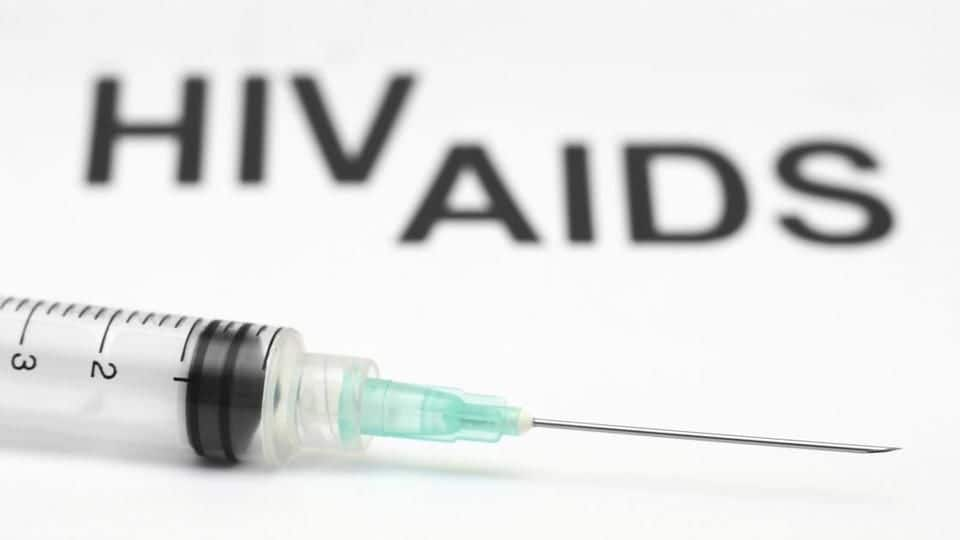
UP: 21 affected by HIV after quack uses same syringe
What's the story
Officials in UP's Unnao were worried: reports of a "high number of HIV cases" in the area had been coming in. They decided to launch a probe and held screening camps in different locations. Out of 566 people tested, 21 people were found HIV-positive. They also managed to detect the cause: a local quack who used the same syringe for several people.
Cases
Issue was detected when an NGO held a health camp
The matter came to light when an NGO organized a health camp in Bangarmau village in November. Shockingly, they discovered 40 people tested HIV-positive, said Bangarmau Councillor Sunil. When authorities found out, they conducted camps at different places in January and found 21 positive cases out of 566 people tested. "If proper tests are done, at least 500 cases would come up," Sunil said.
Action
Authorities clamping down on quacks practicing medicine without license
When authorities probed further, they discovered the role of Rajendra Kumar, a quack in one of the villages. Apparently, he used a single syringe for all those people to get the treatment done for cheaper. A case has now been lodged against Kumar. Health Minister Sidharth Nath Singh has assured action against the culprits and "those who practice without a license."
Prevention
Officials taking care to ensure it doesn't spread further
Meanwhile, the diagnosed patients are undergoing treatment at the Antiretroviral Therapy (ART) Centre in Kanpur. They would be given antiretroviral (ARV) drugs to suppress the HIV and prevent its progression, officials said. Considering Bangarmau is a transit point and "HIV carriers are likely to come there," officials are also "mapping truck drivers who come there and offer(ing) treatment to them," Singh said.
Stats
India has the third highest number of HIV-positive cases
In 2016, India had 2.1mn HIV-positive people, the third highest number in any country, according to the UN. Only 49% of patients were on ART in 2016, it added; a meager 41% pregnant women and 33% children had access to ARV drugs. At least 62,000 people died of AIDS-related diseases in 2016. Despite the dismal stats, only 25.7% youths were aware of prevention.